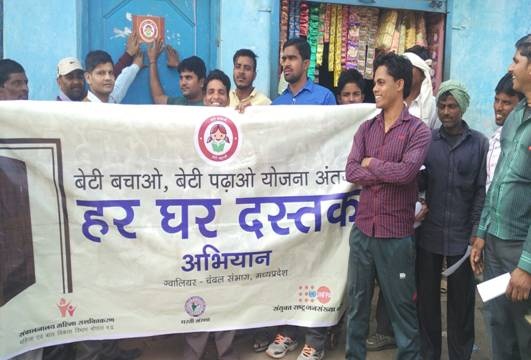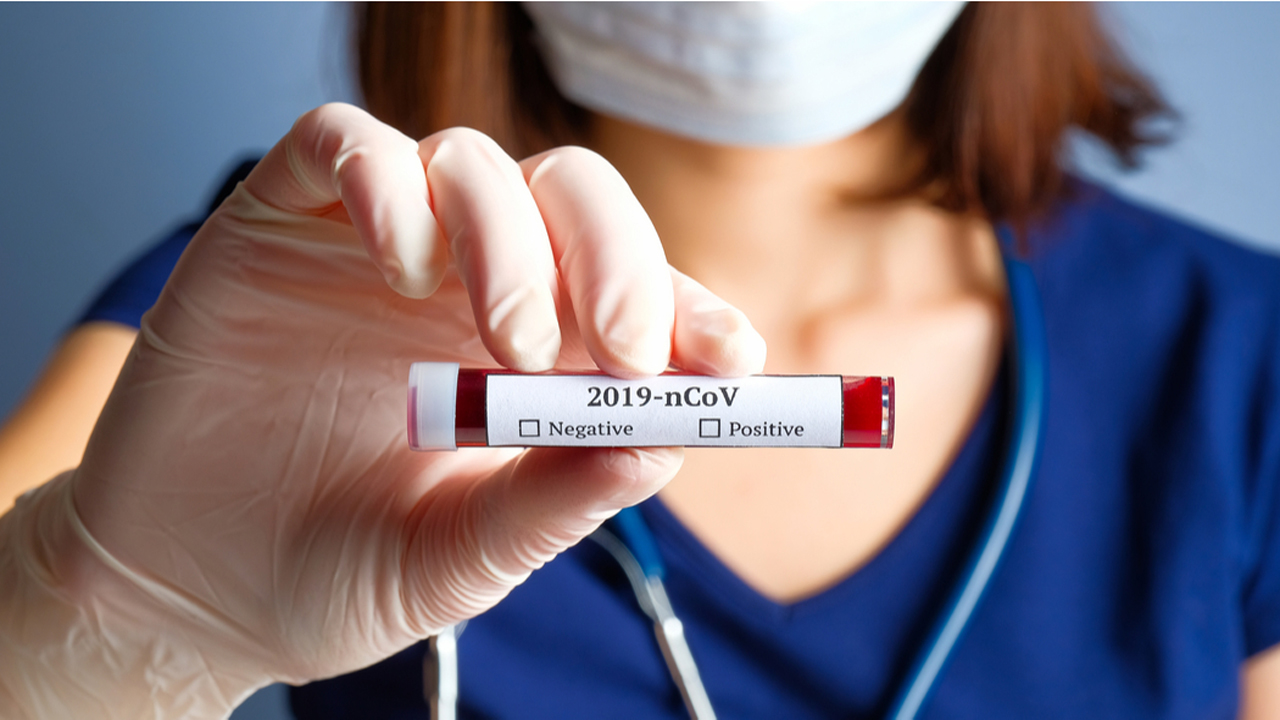With liberalizing India, addiction to opioid painkillers is on the rise. Morphine, fentanyl, and other painkillers, are easily sold over the counter. These belong to the opioid class of drugs. Drugs of this class may knock out the pain but they carry a number of risks and side effects.
How do opioids work?
When you take an opioid, the molecules of the drug attach themselves to opioid receptors, parts of the brain, spinal cord gastrointestinal, and other cells that act like ports. Take opioids for too long and your body can lose its ability to activate these receptors on its own. And, if you take too much at once your breathing reflux will get off. Even at lower doses, opioids can produce side effects in both the brain and other parts of the body.
Opioids painkiller – Side effects
Constipation – It affects 40-85% of people who take opioids painkillers. Opioid receptors in cells of the gut influence the bowels’ movement, a characteristic called motility, and when you take opioids it slows everything down in the bowels.
Nausea and vomiting – These are common side effects of opioids. Nausea and vomiting often go away within a few days or weeks. If not, other medicines are prescribed.
Sedation – Opioids also cause sedation. You may feel sleepy or sluggish. And this can get very dangerous too.
Depression - Opioid side effects don’t just affect your body; they affect your brain as well. Long-term use of opioids (more than 30 days) increases the risk of depression.
Addiction - They produce a sense of pleasure and euphoria because they work on the sections of the brain that process reward. Addiction produces strong cravings for the drug, people will do anything to get more. This can affect their work, relation, and most important life.
Opioids are extremely strong painkiller medications that can be used for cancer patients. But regardless of the situation, it’s important to educate the patients on the possible side effects of opioids. It's important to make them aware of its negative impact as well.
Disclaimer: The content on this site is for informational purposes only, and should not be taken as professional medical advice. Always seek the guidance of your doctor or other health professionals for any questions you may have regarding your health or a medical condition.

 Opioids are powerful painkillers but can produce severe side effects in the brain and other parts of the body if not taken in the correct doses. Here is the list of opioid risks and side effects.
Opioids are powerful painkillers but can produce severe side effects in the brain and other parts of the body if not taken in the correct doses. Here is the list of opioid risks and side effects.




















.jpeg)



.jpg)




.jpg)





.jpeg)

.jpg)


